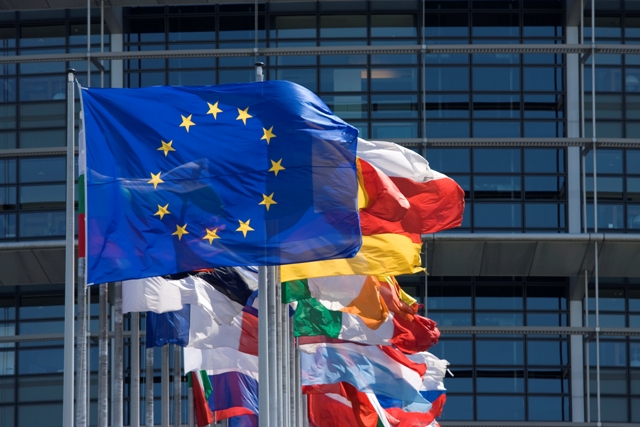The European Parliament has adopted two key legislative measures regarding ADR for consumer disputes. The first Resolution deals with the proposed Directive on alternative dispute resolution (amending Regulation (EC) No 2006/2004 and Directive 2009/22/EC) and the second Resolution deals with the proposed Regulation on online dispute resolution (ODR). Both acts adopted on March 12, 2013, aim to increase the use of ADR schemes in the EU by giving consumers a quicker, cheaper and more informal way to settle disputes with traders for any purchases made domestically or across borders.
In its press release, the European Commission explains how European consumers and traders will benefit from the new legislation:
In 2010, one in five consumers in the EU encountered problems when buying goods or services in the Single Market, leading to financial losses estimated at 0.4% of the EU’s GDP. Only a small fraction of consumers sought and secured effective redress.
It is estimated that if EU consumers could rely on well-functioning and transparent ADR for their disputes they could save around €22.5 billion a year, corresponding to 0.19% of EU GDP. This figure only includes direct financial savings and does not account for less tangible factors which are also important for a well-functioning market, such as increased confidence, trust, customer relations and business reputation.
The main assumption of the new Directive on consumer ADR is that it should be “accessible for consumers no matter what they purchased and whether they purchased it online or offline, domestically or across borders.”
Under its Article 8, Member States shall ensure that ADR procedures are available and easily accessible online and offline to both parties irrespective of where they are, as well as that the parties have access to the procedure without being obliged to retain a lawyer. Furthermore, ADR procedure must be free of charge or available at a nominal fee for consumers. Lastly, the outcome of the ADR procedure must be made available within a period of 90 calendar days from the date on which the ADR entity has received the complete complaint file.
Member States shall ensure that in ADR procedures which aim at resolving the dispute by imposing a solution, the solution imposed may be binding on the parties only if they were informed of its binding nature in advance and specifically accepted this (Article 10). ADR procedures should not be designed to replace court procedures and should not deprive consumers or traders of their rights to seek redress before the courts (Preamble, Point (45)).
Each Member State should designate a competent authority responsible for monitoring of ADR entities. Member States should ensure that ADR entities, the European Consumer Centre Network, and, where appropriate, the bodies designated in accordance with the Directive publish that list on their website by providing a link to the Commission’s website, and whenever possible on a durable medium at their premises (Preamble, Point (55)).
The key element of the new regulation will be the ODR platform designed as a user-friendly and interactive website, and EU-wide single entry point, available in all EU official languages, and free of charge.
Now the ADR Directive and ODR Regulation need to be adopted by the Council. They shall enter into force on the 20th day after their publication in the Official Journal. The ADR Directive requires domestic implementation in all Member States within 24 months of its entry into force. The ODR platform should be operational at the end of 2015.
________________________
To make sure you do not miss out on regular updates from the Kluwer Mediation Blog, please subscribe here.



